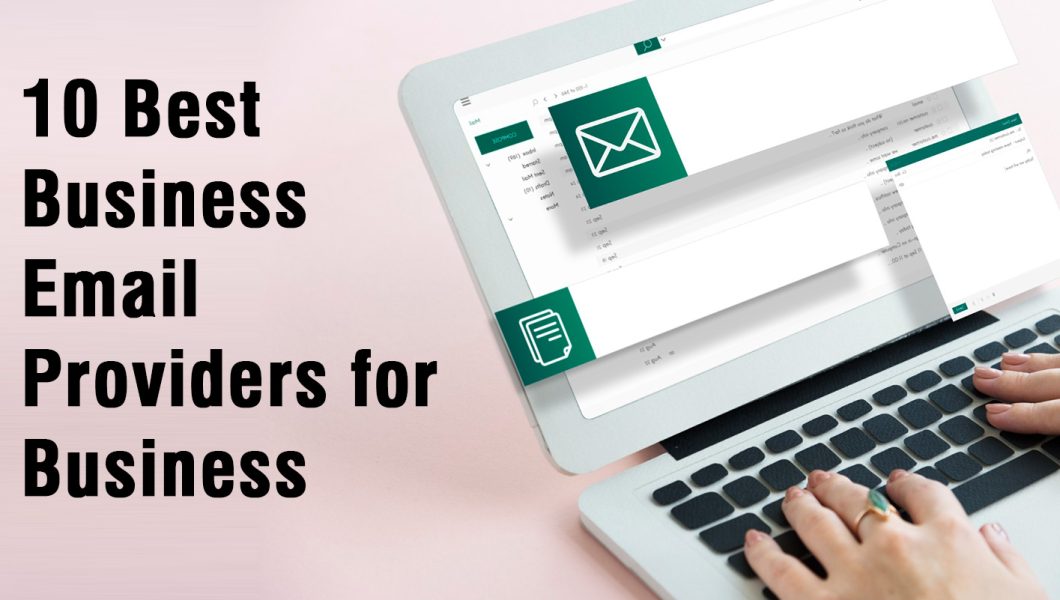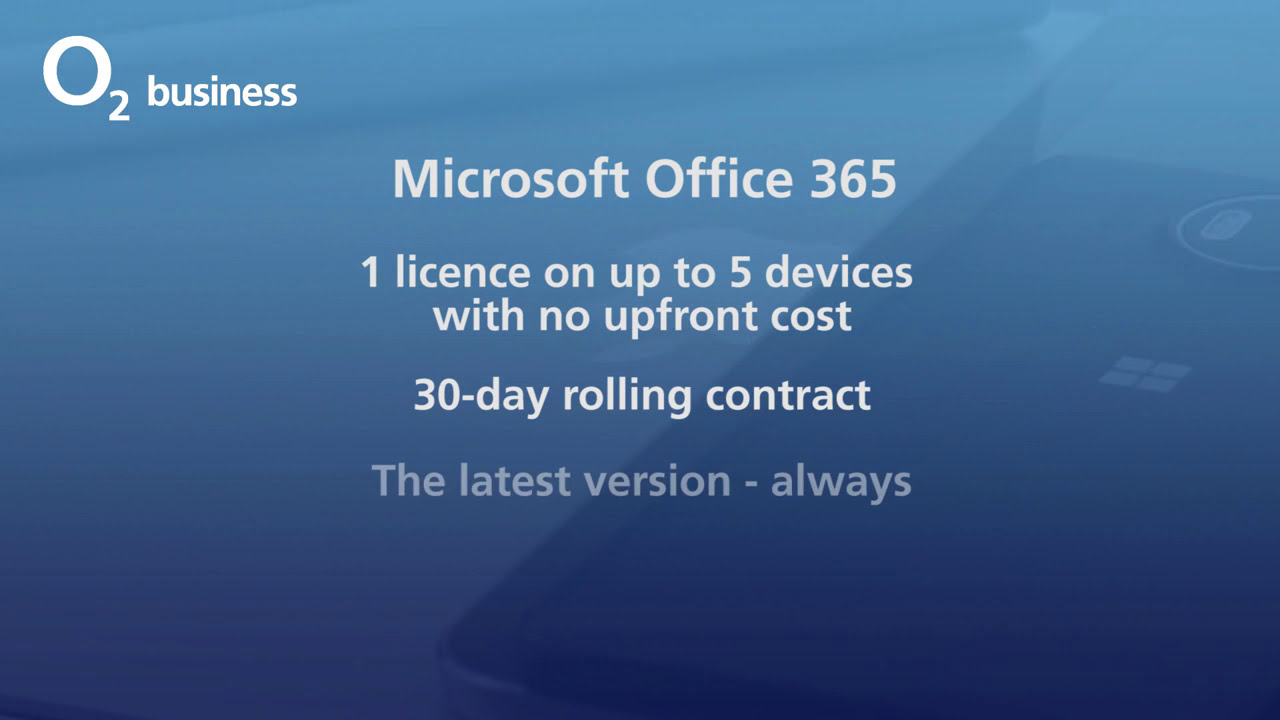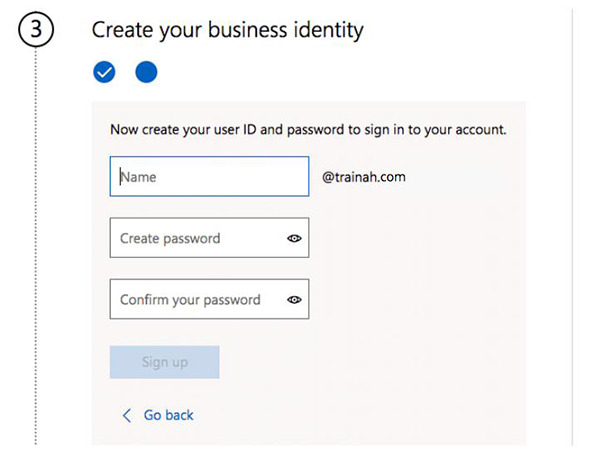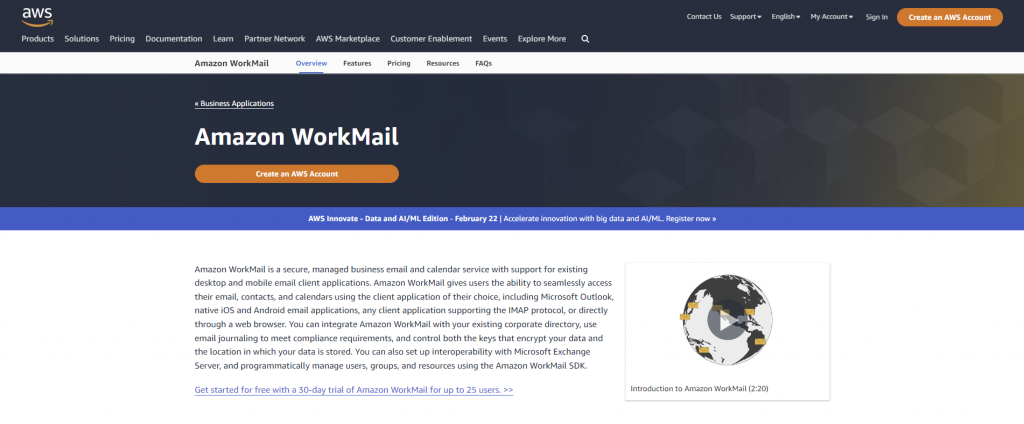
Choosing the Best Email Providers for Small Business
When it comes to running a small business, effective communication is vital. One critical aspect of this is selecting the right email providers for small business needs. Having a reliable and professional email service can enhance your brand image, improve customer interactions, and streamline communication within your team. This guide will walk you through everything you need to know about choosing the best email provider for your small business.
Information

Choosing an email provider for your small business involves consideration of various factors, including features, pricing, security, and ease of use. Here are some essential aspects to keep in mind:
- Functionality: Look for features that suit your business requirements, such as custom domain addresses, storage capacity, and integration with other tools.
- Pricing Structure: Compare pricing plans from different providers to find one that fits your budget while offering the necessary features.
- Security Measures: Ensure the provider has strong security protocols like two-factor authentication and encryption to protect sensitive data.
- Customer Support: Opt for providers that offer excellent customer support to troubleshoot any issues quickly.
- Scalability: Choose an email provider that can grow with your business, allowing you to add more users or features as needed.
How to Write 5 Paragraphs

To effectively communicate your choice of email provider, consider structuring your email communication into five distinct paragraphs. Here’s how to do it:
- Introduction
- Begin with a warm greeting and introduce the purpose of your message.
- Example: “Hello Team, I hope this message finds you well. I wanted to take a moment to discuss our current email situation.”
- Current Situation
- Briefly explain the existing email setup and any challenges faced.
- Example: “As you know, we’ve been using [current provider], but we’ve encountered several issues regarding storage limits and user experience.”
- Proposed Solution
- Introduce the new email provider you’re considering and highlight its benefits.
- Example: “I propose we transition to [new email provider], which offers increased storage and better collaboration tools.”
- Benefits for the Team
- Discuss how this change will positively impact the team’s productivity.
- Example: “With this new provider, we’ll be able to access files easily, reduce downtime, and have a more professional email identity.”
- Call to Action
- Encourage feedback or arrange a meeting to discuss the change further.
- Example: “Please share your thoughts by end of the week, and let’s set up a meeting to address any concerns.”
Special Tips and Tricks

- Evaluate Free Trials: Most email providers offer free trials. Use this opportunity to test features before committing.
- Look for Reviews: Check reviews and testimonials from other small businesses to gauge satisfaction levels.
- Utilize Aggregators: Websites that compare multiple email providers can save time and help you make informed decisions.
- Consider Future Needs: Think about where you want your business to be in the next few years and choose a provider that can accommodate those needs.
- Read the Fine Print: Understand the terms and conditions, especially around data ownership and cancellation policies.
Key Facts
- Custom Domains: Using a custom domain ([email protected]) increases professionalism.
- Integration Capabilities: Many email providers integrate seamlessly with project management and CRM tools, enhancing workflow.
- Mobile Access: Make sure the provider offers mobile-friendly access so you can manage emails on the go.
- Storage Space: Assess how much storage each plan offers—this is crucial as your business grows.
- Collaboration Features: Some providers include features like shared calendars and task lists, ideal for teams.
FAQs
What are the main features to look for in an email provider for small businesses?
Security measures, storage capacity, custom domain options, and integration with other tools are key features to consider.
Are there free email providers that are suitable for small businesses?
Yes, several free providers like gmail and Outlook offer sufficient features, but paid plans usually provide more functionality and professionalism.
Can I migrate my existing emails to a new provider?
Most email providers allow you to migrate your existing emails. It’s advisable to check their migration guides or customer support for assistance.
Is having a custom domain important for my business email?
Yes, a custom domain adds credibility to your business and helps build brand trust with clients.
What should I do if my email provider experiences downtime?
Contact customer support immediately and check their status page for updates. Switching providers may be worth considering if downtime is frequent.
Conclusion
Selecting the right email providers for small business communications is crucial for success. With the right approach, you can ensure seamless interaction within your team and with clients. By carefully evaluating your options based on functionality, pricing, security, and scalability, you’ll find the perfect fit for your unique needs. Remember to take advantage of free trials, read reviews, and think about your long-term goals when making your decision. Happy emailing!





Comments (0)